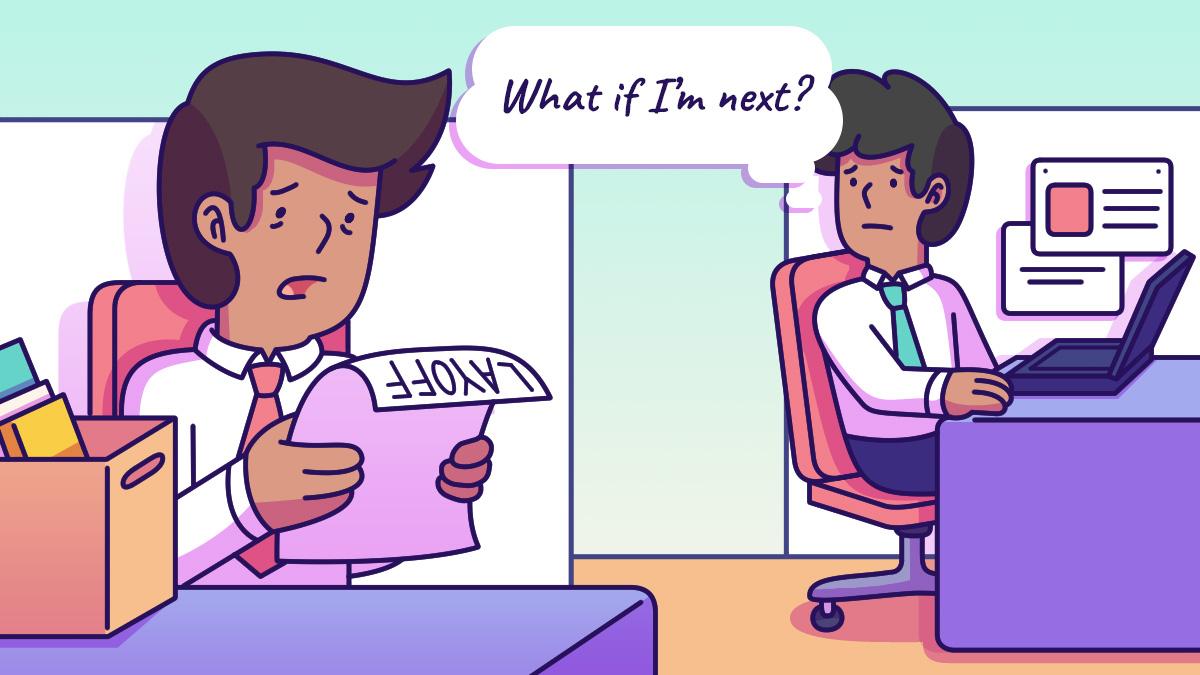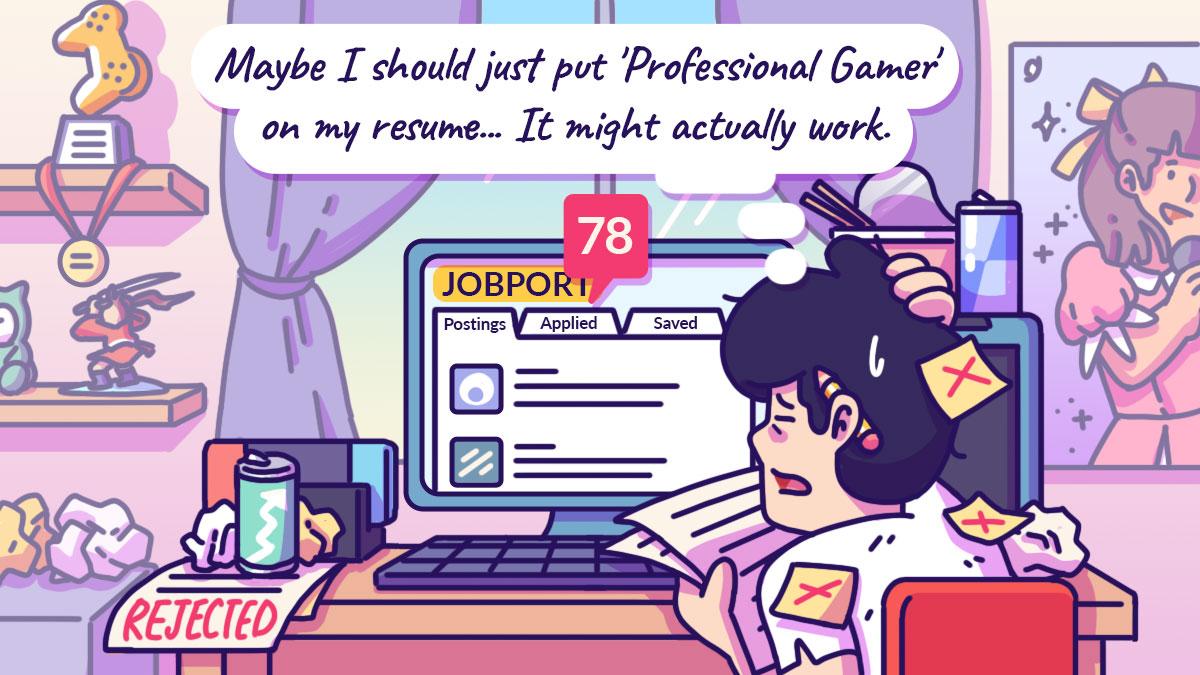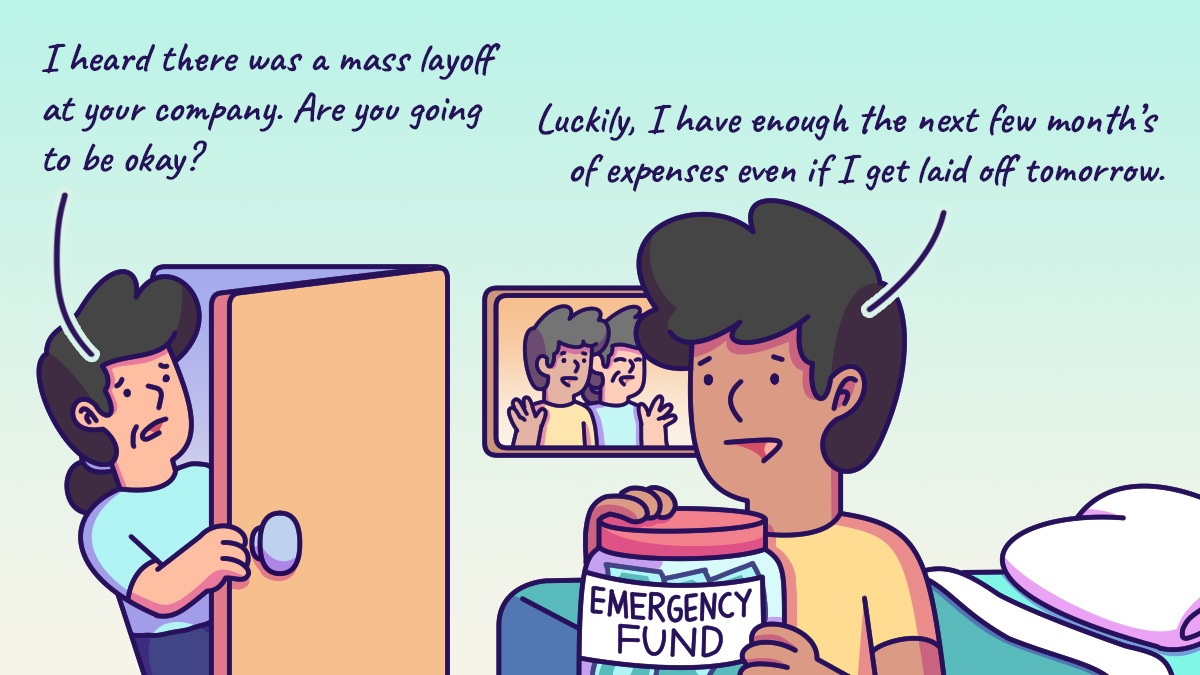
Suddenly Jobless: Are You Prepared If You Lose Your Job Tomorrow?
The Simple Sum
14 Sep 2023Share
Have you ever thought about what you would do if you lose your job today? In uncertain times, the potential for job loss is very real, and it's something that can happen to anyone at any time. In Singapore, 48% of respondents in a Randstand workmonitor report said that they were worried about losing their jobs. That's why it's important to be prepared for a layoff. While you can’t control what happens in the job market, you can control how you prepare for it. Being prepared helps you reduce the impact of income loss, manage your emotions, and you’ll be better placed to bounce back faster.
Here are some steps you can take now to get yourself ready in case of unexpected termination.
Related Stories

How To Travel With Friends And Keep The Friendship Intact
21 Mar 2025
0

5 Renovation Mistakes That Can Cost You Big Time
20 Mar 2025
0

How To Decode Your Payslip And Ensure You Are Paid Correctly
19 Mar 2025
0
You May Also Like
See All
I Was Too Nice And Always Bought Shopping Favours For My Friends, But It Ended Up Costing Me
18 Mar 2025
812
0

Living Paycheck To Paycheck? Here’s A Guide To Effectively Track Your Expenses
14 Mar 2025
1063
0

SG60: How A Group Of Friends Teamed Up To Sell ‘Awfully Chocolate’ Cakes
13 Mar 2025
493
0

Microlending: Why Are People Signing Up For Microloans And Are They Dangerous?
12 Mar 2025
404
0

7 Frugal Grocery Shopping Tips to Help You Stop Overspending
13 Mar 2025
681
0

After A Year Of Rejections And Unpaid Gigs, I Gave Up On Trying To Find A Job
10 Mar 2025
464
0
© Copyright 2025 The Simple Sum. All Rights Reserved.


